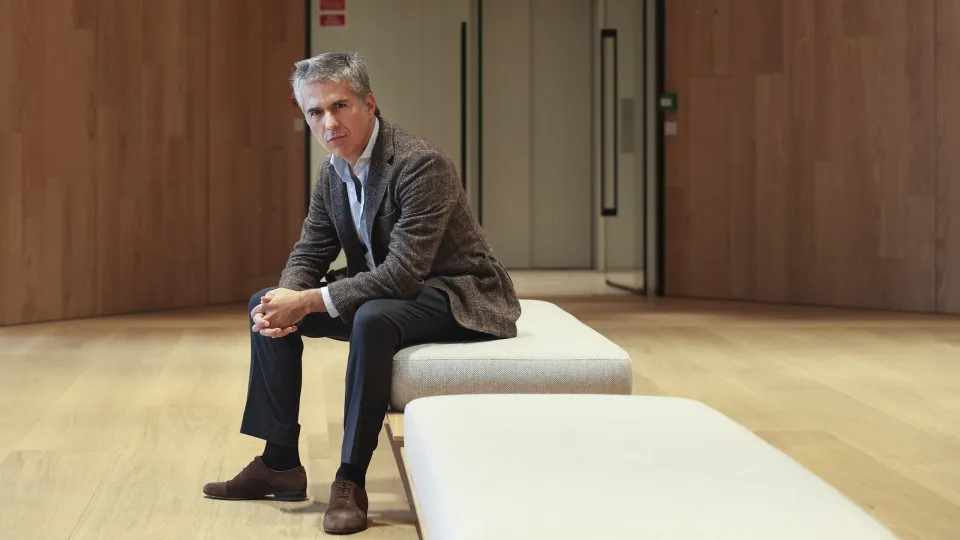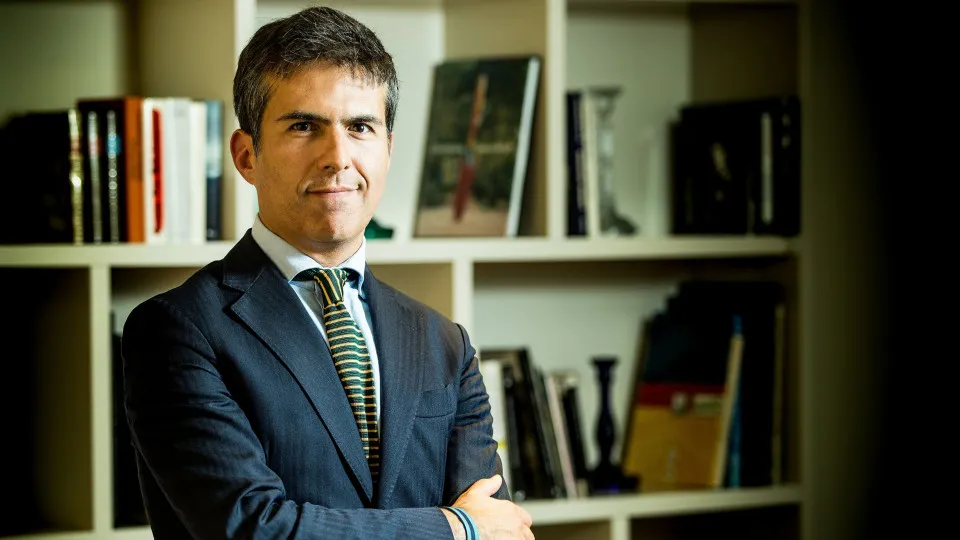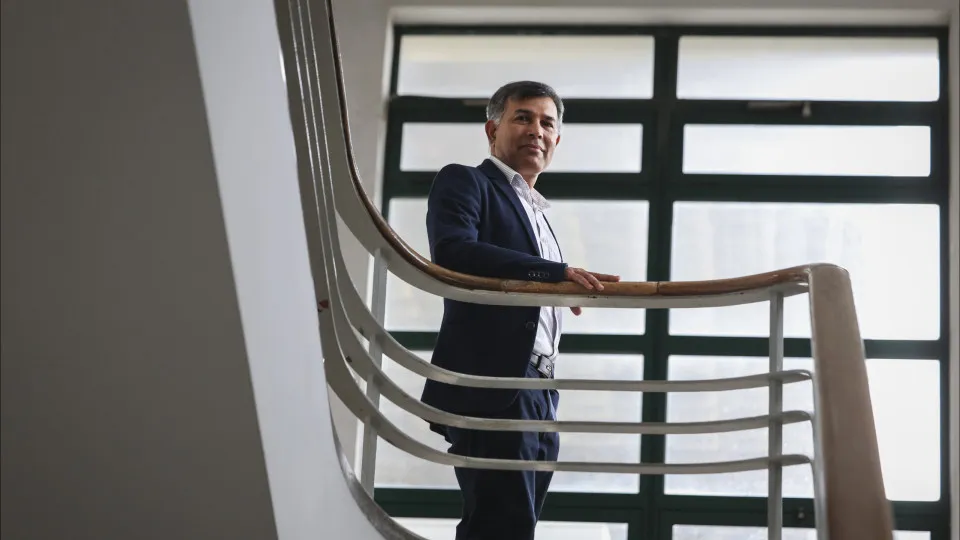
“The important aspect is for institutions that typically filter and mediate knowledge, including journalists, to reflect on the current circumstances and their roles,” asserts the author of “Algoritmocracia,” a book that explores how artificial intelligence (AI) is transforming democracies.
Moreover, “political agents must also reflect” on the type of society, political debate, and parliament “we aim to create and where our boundaries lie,” he continues.
The challenge for politicians “is to find ways to make moderation appealing to algorithms, to develop a positive political project that becomes viral for algorithms,” suggests the partner at Pérez-Llorca.
In simpler terms, “to make hope viral, and not merely fear, demolished borders, nations at risk, immigrants entering in hordes,” it’s vital to construct a language “that enables algorithms to reward these as much as they do shocking content.”
As algorithms determine what is displayed on phones and screens, politicians are not the only ones adapting to this new reality.
“Some leverage it as they perfectly align with populist language, while others begin,” notes a former Secretary of State, “to change tones and words, adopting a more combative tone, (…) crafting more belligerent communication videos to navigate algorithms.”
On television commentaries, there are more conflict-laden moments: “now it’s common for people to walk out of studios,” which “is part of the theatrical performance, because that’s what makes the video go viral in algorithms,” whether it’s the offender’s perspective or the offended’s, he continues.
Likewise, journalists are influenced, “whether in the headlines they choose, the questions they ask, or even the circumstances where a political leader is constantly invited for interviews, as if they were the sole leader in Portugal,” because they drive viewership and “have a media exposure vastly disproportionate to their political representativeness,” he remarks.
Adolfo Mesquita Nunes indicates that “the altered ecosystem extends beyond party lines; it’s the ecosystem of discussion, political debate, and political deliberation.”
When “political processes, investigations, debates, and political journalism are filtered through algorithms, we are indeed tainting the entire process with a logic that culminates in radicalization and polarization.”
Despite the challenges posed by algorithms, Adolfo Mesquita Nunes remains optimistic and elaborates on his reasoning.
With a founded expectation that technology could help eradicate diseases and cross knowledge boundaries for a more prosperous, educated, fair, and solidary society, “why shouldn’t we hope that technology could also find solutions to help establish an algorithmic ecosystem free of these harmful effects?” he argues.
The issue with algorithms is “a very complex problem:” solution-wise, “when something is incredibly difficult and I’m unsure how to resolve it, I turn to my core values, and my principal value is freedom,” he underscores.
“I want to have some freedom in how I personalize that algorithm,” understanding how it functions and how it prioritizes content, he asserts.
Above all, it’s crucial for a debate to arise, enabling a better assessment of the problem and its solutions.




